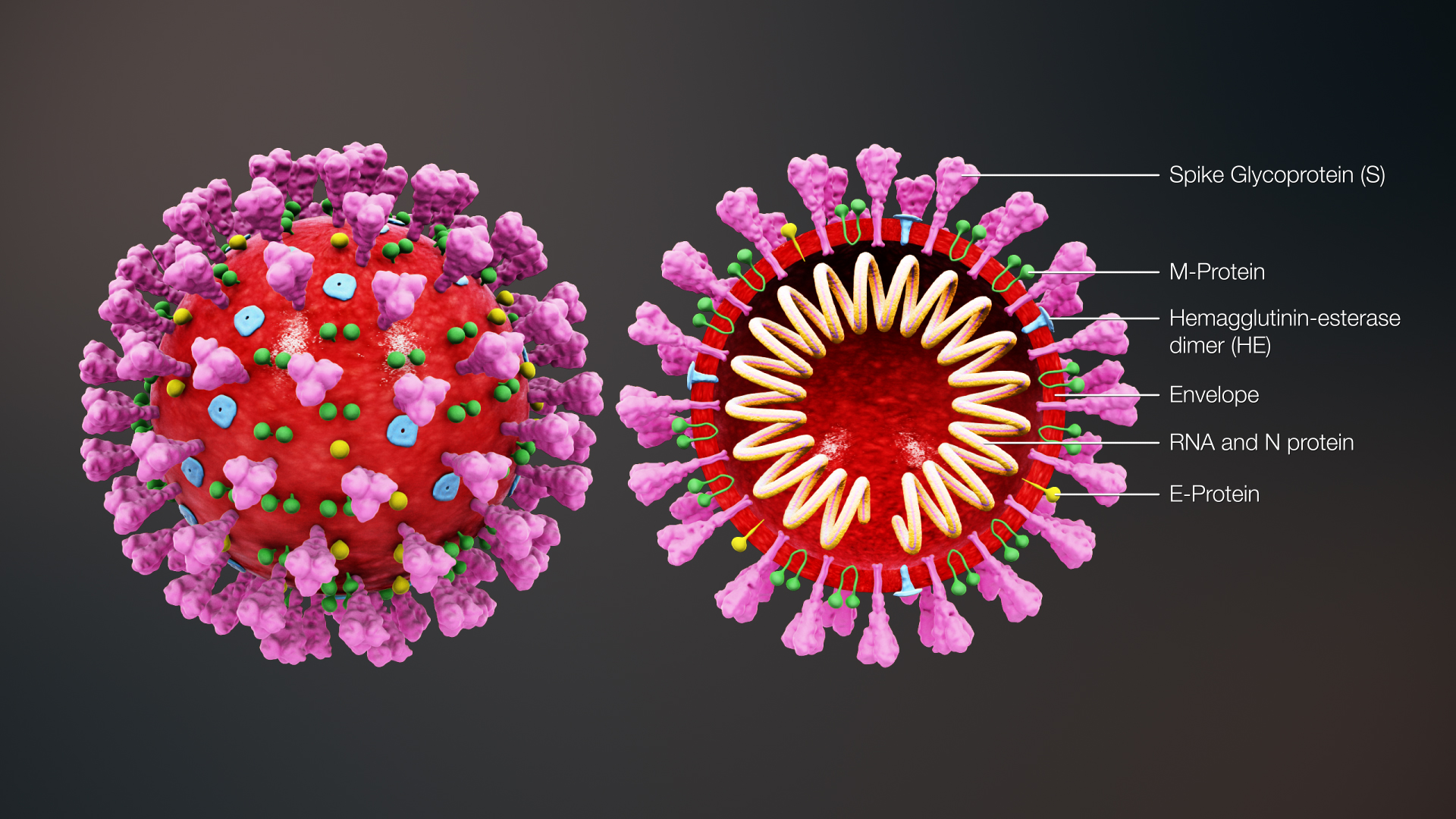Autoimmune disease is a genetic subclass of chronic disease that directly impacts the immune system. Depending on the type of autoimmune disease that one is afflicted with, the immune system is either over-stimulated or under-stimulated. For some, this means that the immune system will attack the body during normal functioning, damaging its own tissues and causing destruction within the body that is quite painful. For others, it means that the body is subject to immune deficiency, exposing it to increased risk for disease as the immune system is left unable to fight off invaders, leaving you vulnerable to infections.
There are different kinds of autoimmune disease, and varying levels of severity. The most common forms of autoimmune disease include:
- Rheumatoid arthritis
- Lupus
- Inflammatory Bowel Disease, including Ulcerative Colitis and Crohn’s disease
- Multiple Sclerosis (MS)
- Psoriasis
- Celiac Disease
Addressing Autoimmune Disease
While autoimmune disease is considered chronic, for many people there are ways to reduce symptomology and to improve quality of life, often without the need for ongoing medications. While every case is different, for many people there are options that will help you experience improved health.
Here are a few changes you could make to your lifestyle to reduce the discomfort and symptomology of your autoimmune disease:
- Heal your gut by eliminating foods that activate your over-active immune response. Your gut contains 80% of your immune system. If your gut isn’t healthy, it is impossible for your immune system to be healthy. Working with a nutritionist and your functional medicine doctor can help you restore health to your gut and improve immune system function.
- Optimize your diet to promote optimal nutrition. Since your gut plays such a huge role in your immune system health, proper nutrition is absolutely essential to a healthier lifestyle. Reducing your intake of highly processed and junk foods is a good place to start. Your wellness doctor can help you develop a nutritional plan that is best suited towards your individual nutrition needs.
- Reduce your exposure to toxins by removing yourself from unhealthy situations. If you smoke, this means quitting. Even if you don’t smoke, avoiding secondhand smoke is essential. Other toxins worth avoiding include contaminants in unfiltered water, pesticides in non-organic foods, and the polluted air of city environments.
For those with autoimmune disease, taking the steps to optimize your health and improve immune function are pivotal to making fundamental improvements in your health. Many people find that in as little as a few days to weeks of making these dietary and environmental changes that significant health improvement can be felt. For guidance and support in this process get in touch with us today.







